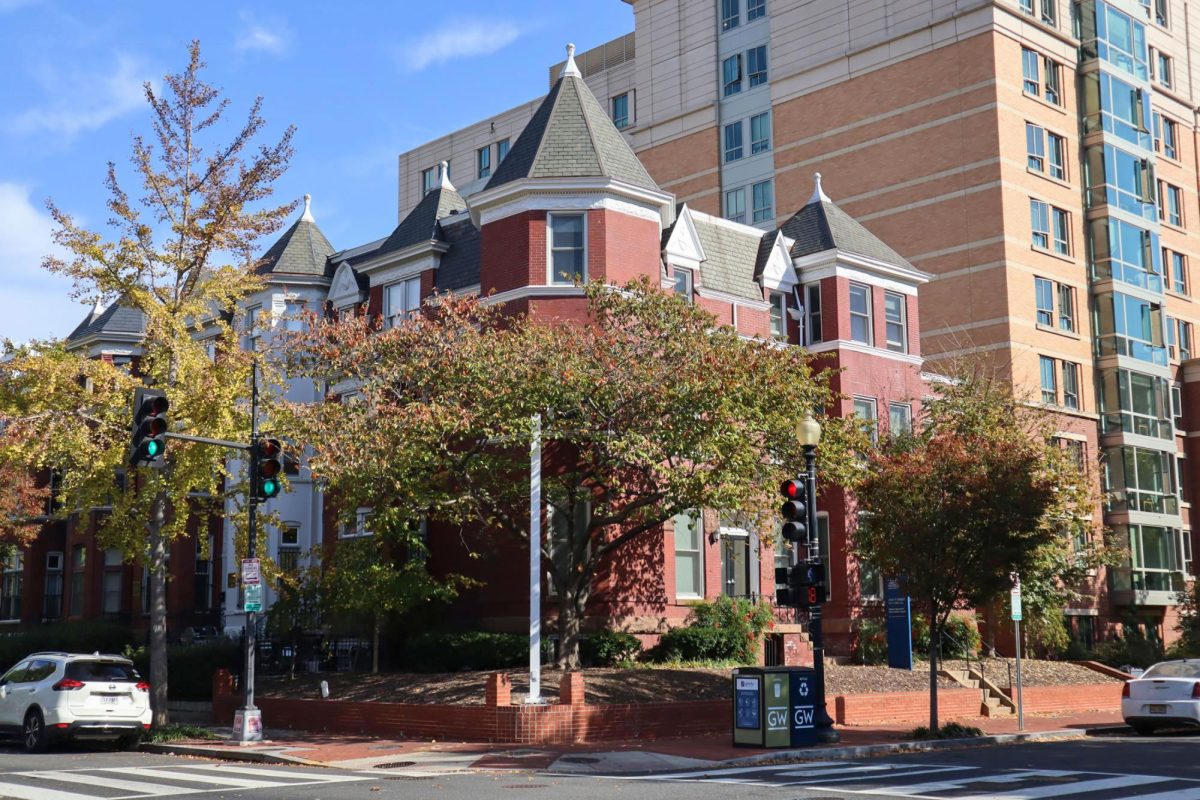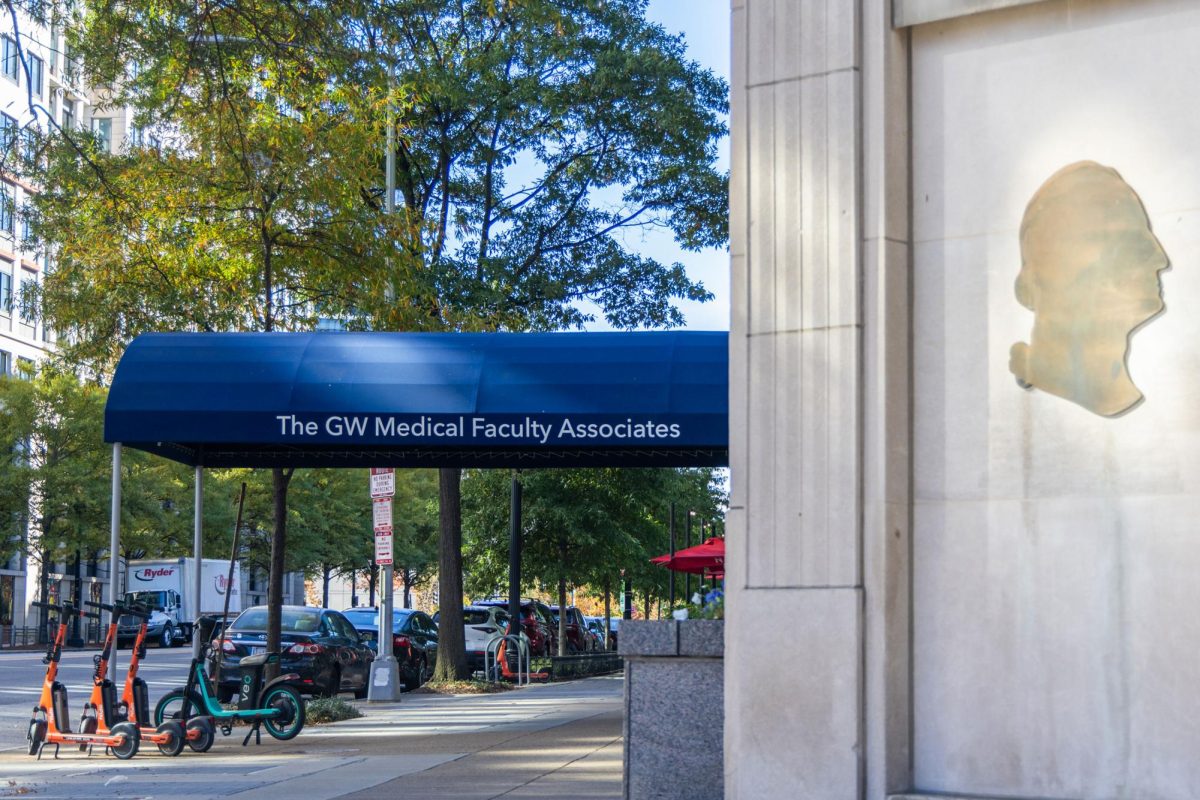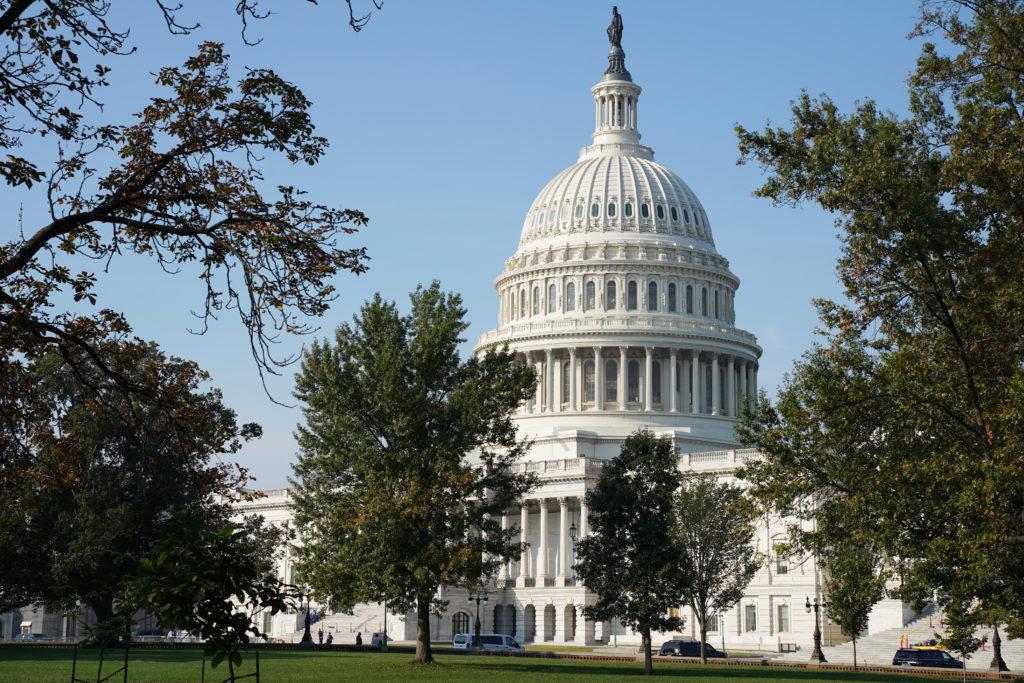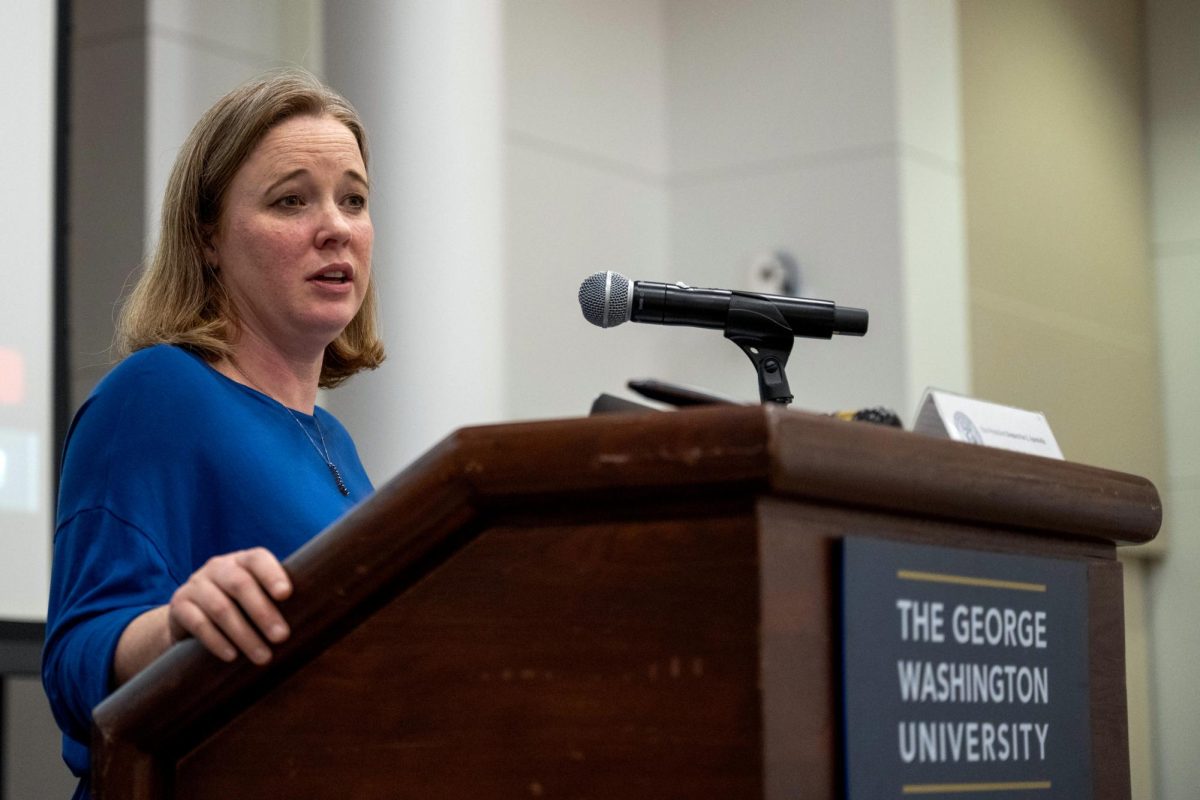Dozens of faculty have committed to “impede” layoffs through a pledge created by the Faculty Association as officials grapple with budgetary changes during the COVID-19 pandemic.
The move comes days after University President Thomas LeBlanc told Faculty Association President Andrew Zimmerman that officials will not be able to avoid layoffs as GW faces projected revenue shortfalls of between roughly $80 million and $320 million next fiscal year. The Faculty Association said in an email to members Tuesday that layoffs are an “irrational and irresponsible neglect” of the University’s long-term health.
“I commit myself to using the power of my position at GW, to the greatest possible extent that I am able, to challenge, impede and disrupt any and all of the layoffs of faculty and staff with which the University administration threatens the well being of GW and of my colleagues and coworkers,” the pledge states.
Zimmerman said in an email that almost 100 faculty had signed the petition as of Friday morning.
The group suggested its tenured faculty members “harness the power” of tenure to refuse to fulfill their obligations until administrators change course, according to the email. The group also asked members to refuse any request to identify employees for potential layoffs, not complete any paperwork connected to layoffs and “change the narrative” to convince the University community that layoffs are not necessary.
Faculty Association leaders also created a letter template for members to use to share their opinions with others.
Executive Vice President and Chief Financial Officer Mark Diaz said at a Faculty Senate meeting Thursday that officials have “not pulled the lever” on layoffs or furloughs, but personnel decisions are “on the table.” Officials suspended most capital projects and hirings and froze salaries to reduce costs.
Top administrators, including Diaz and LeBlanc, will take a pay cut starting July 1.
LeBlanc said at the senate meeting that 70 percent of the University’s controllable expenses relate to employee compensation, necessitating personnel decisions. Officials will follow sets of guidelines developed by the senate’s executive committee and the Board of Trustees when making major financial decisions, he said.
“You can’t get to the scale of the numbers we’re talking about without doing something along those lines,” he said at the meeting. “You want to do it appropriately, and you want to do it strategically.”
He said he does not believe layoffs should be a “last resort” as the senate urged last month, adding that layoffs would mostly affect administrative support rather than the University’s academic function.
Officials regularly conduct reviews of University offices, including three directly prior to the pandemic, to ensure the current staff structure is effective, LeBlanc said.
“If you’re not going to need that function, why would I tax everybody at the University on their retirement and their pay to maintain a function that is not longer necessary for our organization?” he said at the meeting.











